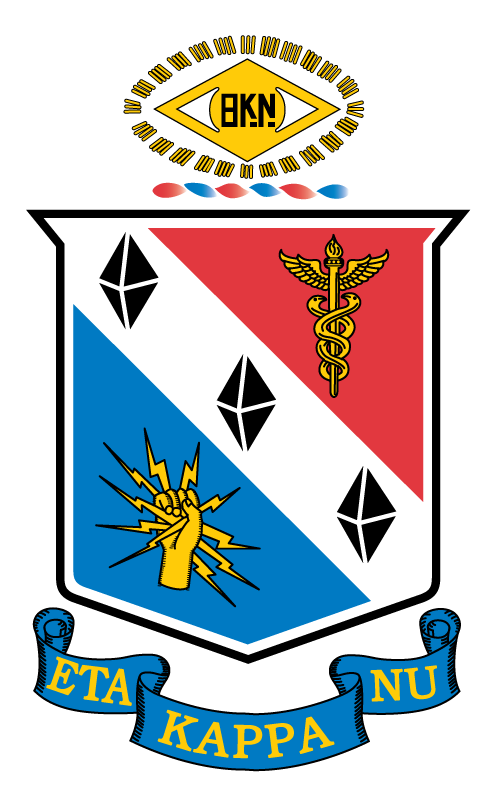By Karen Panetta, IEEE-HKN President Elect
I was cleaning out my office recently and came across the media storage that contained my Ph.D. thesis simulations. I remember how proud I was that I had successfully simulated over 2 million simulations for a digital system containing over 1 million transistors on a conventional single CPU computer. I tried my best to make the simulator portable and thought it would be an interesting project to see how it performed on a modern multi-core computer.
Alas, the simulator was stored on something called a TK50 tape made for Digital Equipment Corporation MicroVAX computers. I am sure most of you have never heard of the existence of this company, which used to be a computer giant, or the uses of “tape” as digital storage. I was told I could go to the computer museum and have it ported to a more recent form of media. I decided that the two patents and Ph.D. degree the work earned me were mementos enough, and tossed the tape into the trash, along with old ZIP disks and hundreds of 3-inch floppy disks. Again, more things you probably never heard of, which just makes me feel really old.
I also found a larger floppy disk with holes punched in it from push pins. Why on earth would I keep such a thing? This memento also had significance in my career. It came from my first internship at the Gillette Company.
I worked in the Management Information Systems department as a systems analyst. One of my responsibilities was designing custom database solutions for those individuals not skilled in using computers.
The users loved my software and thought I walked on water. That was until one day when two managers came storming into my office complaining that they had lost their data and the floppy disks I gave them no longer worked. I looked at one of the disks and noticed that it was full of holes made from a thumb tack.
I asked him, “Why are there holes in the disk?” The manager replied, “I had it pinned up on my cork board to make sure I didn’t misplace the disk.”
I tried not to laugh but recorded a mental note that I needed to update the user manual I created for my non-computer savvy users to tell them that punching holes into the disk was a no-no.
The second manager’s floppy disk looked in tact, so I asked him how and where he stored his disk. With a smile and look of confidence he replied, “I use a magnet to hold it up on the metal wall of my cubicle and I don’t use any push pins!”
I thought I would choke trying not to laugh and waited for them to tell me this was all just a joke to evoke a reaction out of the poor naïve intern.
I then gave a short tutorial on the manufacturing and operation of floppy disks and explained why magnets and poking holes in the media storage meant certain death for their data. I was returned to saint hood in their eyes when they discovered I kept a backup of everything.
As powerful as the digital age is, the loss of data through the transition to new forms of media storage makes me wonder how much valuable history and other defining characteristics of our civilization will be lost over time. We wonder how the pyramids were built and know that there had to be some incredible engineers during those ancient times. What we know comes from the few surviving parchments and records etched in stone. Data carved in stone seems to be the most fault tolerant form of media storage and can survive for thousands of years. What about our digital media? What would happen if power was lost and the knowledge of computers vanished forever? What would someone in the far-off future discovering an ancient USB thumb drive, hard drive or CD-ROM do with these ancient relics?
They might do like my mother did and make a collage picture of a giant shiny fish using the discarded CD-ROMs as the fish scales.
You may be asking what brought on this morbid train of thought on. I’ll tell you. I was trying to find a picture I took with a digital camera. I have hundreds of images with randomly assigned names provided by the camera. In the old days, I would print out my pictures and stuff them in an album.
Now, everything is on the computer or worse, the cloud. I literally kill my computers within 2 years of purchase, such that I have gone through more hard drives in my lifetime than I have new pairs of shoes.
I even bought a NAS to use as a backup system just to store my pictures so I wouldn’t lose them. It doesn’t matter. I always seem to lose something during the transition from one computer to another or to some newer current state-of-the art media storage.
I have an arsenal of USB thumb drives. I should make a necklace out of them by hanging them off a rope like shark teeth, since I can’t remember what’s stored on the drives anyway. There isn’t a search engine on the planet that can keep up with my huge quantities of disorganized media and data.
I finally gave up on retrieving the picture I was looking for. Like an ancient civilization, it was lost forever. Then, when I gave up all hope, my mother called me. I told her how I spent hours searching the computer for a specific picture, when she described with great detail the exact picture I was looking for. I asked her how she knew and she said, “Because I’m looking at the eyeball of the fish collage I made out of those shiny circles you always throw out and one of them is labeled with that exact description. I also remembered that you told me that if I glued them, I would destroy the information on them, so I tacked them to the board using push pins in the hole in the middle to secure it in case you ever wanted them back.”
I borrowed her fish’s eyeball from her collage and successfully retrieved my picture. At this time, I really don’t need to etch my data in stone to have it survive. It appears that having it stored on a fish was sufficient.
I am hoping that someday one of our young professional HKN members will lead the way for developing intelligent methods for curating all the data I hoard and that I will be able to search and retrieve things I need effortlessly. I can dream.




